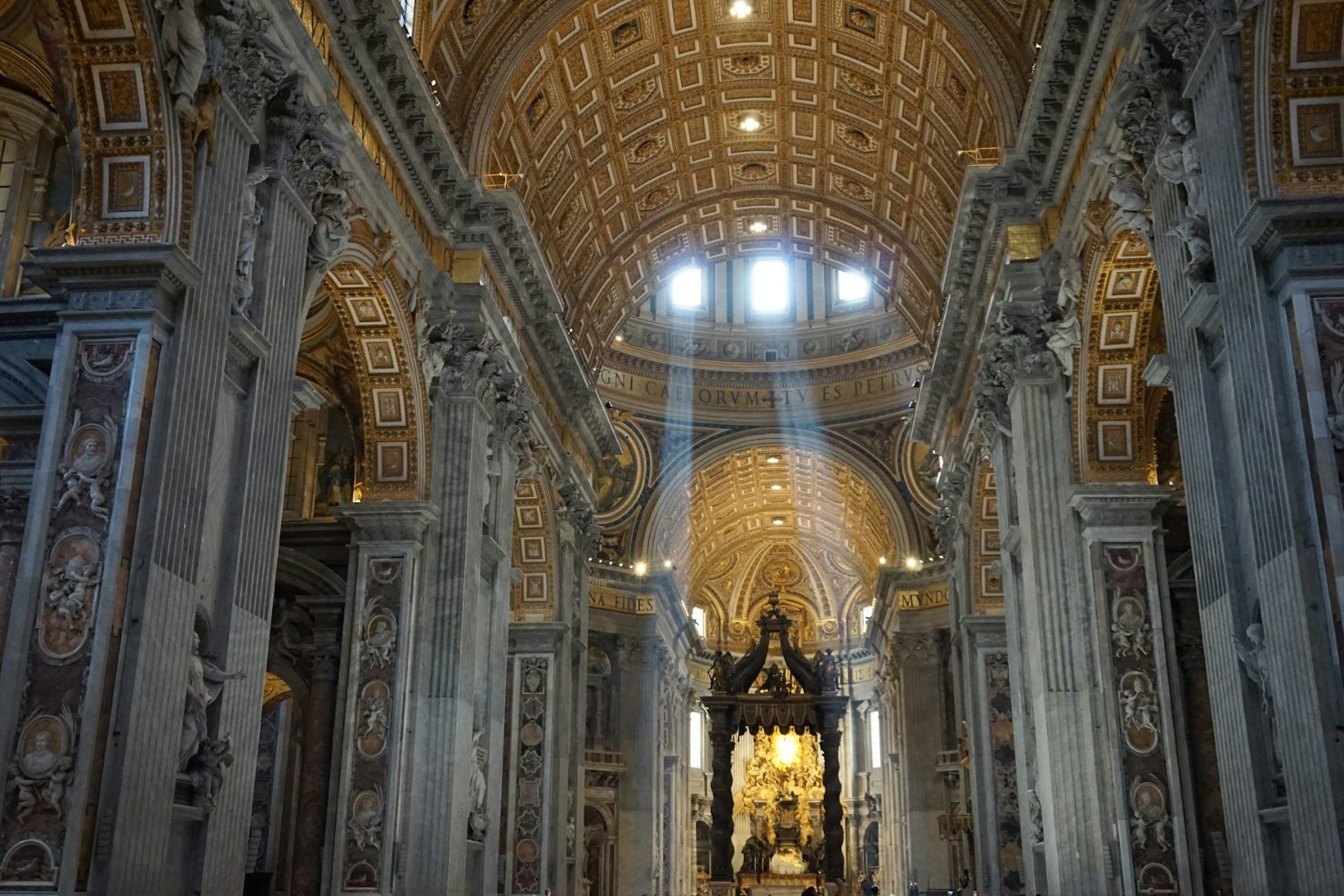Introduction: The All-Holy Virgin
Panagia, a Greek term meaning “All-Holy,” embodies the profound reverence accorded to the Virgin Mary in Eastern Christianity. She is not merely a historical figure but a central figure of worship and devotion, holding a special place in the hearts of millions.
Historical Origins and Scriptural Basis
Early Christian Depictions
The origins of Panagia veneration can be traced back to the 4th century AD. Early Christian art depicted Mary as a young woman holding the infant Jesus, known as the Theotokos (God-bearer).
Scriptural Foundation
The Gospel of Luke (1:28, 42) and Matthew (1:23) provide biblical support for Panagia’s exalted status. Mary is hailed as “highly favored” and the mother of the “Son of the Most High.”
Theological Significance
Intercessor and Mediatrix
Panagia is venerated as a powerful intercessor between God and humanity. Eastern Christians believe she can intercede with her son, Jesus, on behalf of their prayers.
Symbol of Grace and Compassion
The Virgin Mary embodies divine grace and compassion. Her role as the mother of Christ signifies the boundless love and mercy of God.
Model of Faith and Humility
Panagia is a role model for Christians, showcasing unwavering faith, humility, and obedience. Her willingness to accept God’s will sets an example for all believers.
Devotional Practices and Iconography
Prayer and Veneration
Prayer to Panagia holds a central place in Eastern Christian worship. The Akathist Hymn, an elaborate prayer honoring Mary, is particularly renowned.
Iconography
Icons depicting Panagia are an integral part of Eastern Christian art and devotion. These sacred images are venerated and believed to convey divine grace.
Types of Panagia Icons
- Panagia Hodigitria (She who shows the Way): Mary holding Jesus with her right hand, pointing towards him as the way to salvation.
- Panagia Eleousa (She who shows Mercy): Mary tenderly embracing Jesus, expressing her compassion and love.
- Panagia Glykophilousa (She who brings Sweet Kisses): Mary gently kissing Jesus, symbolizing the intimate bond between mother and child.
Holy Sites and Pilgrimages
Mount Athos and Other Monasteries
Mount Athos in Greece is a sacred peninsula dedicated to the veneration of Panagia. Numerous monasteries there house treasured Panagia icons.
Pilgrimages to Marian Shrines
Pilgrimages to Marian shrines, such as Fátima in Portugal and Lourdes in France, are popular among Eastern Christians, seeking spiritual renewal and blessings.
Conclusion: The Enduring Legacy of Panagia
Panagia continues to hold a profound place in Eastern Christian faith and culture. Her iconography, devotional practices, and theological significance serve as a testament to her enduring legacy. Through her, Eastern Christians experience the grace and compassion of God, and find guidance on their spiritual journey.
Additional Resources
- The Mother of God (Orthodox Church in America)
- The Holy Theotokos (Greek Orthodox Archdiocese of America)
- The Theotokos: Mother of God in Eastern Orthodoxy (book by John Meyendorff)



